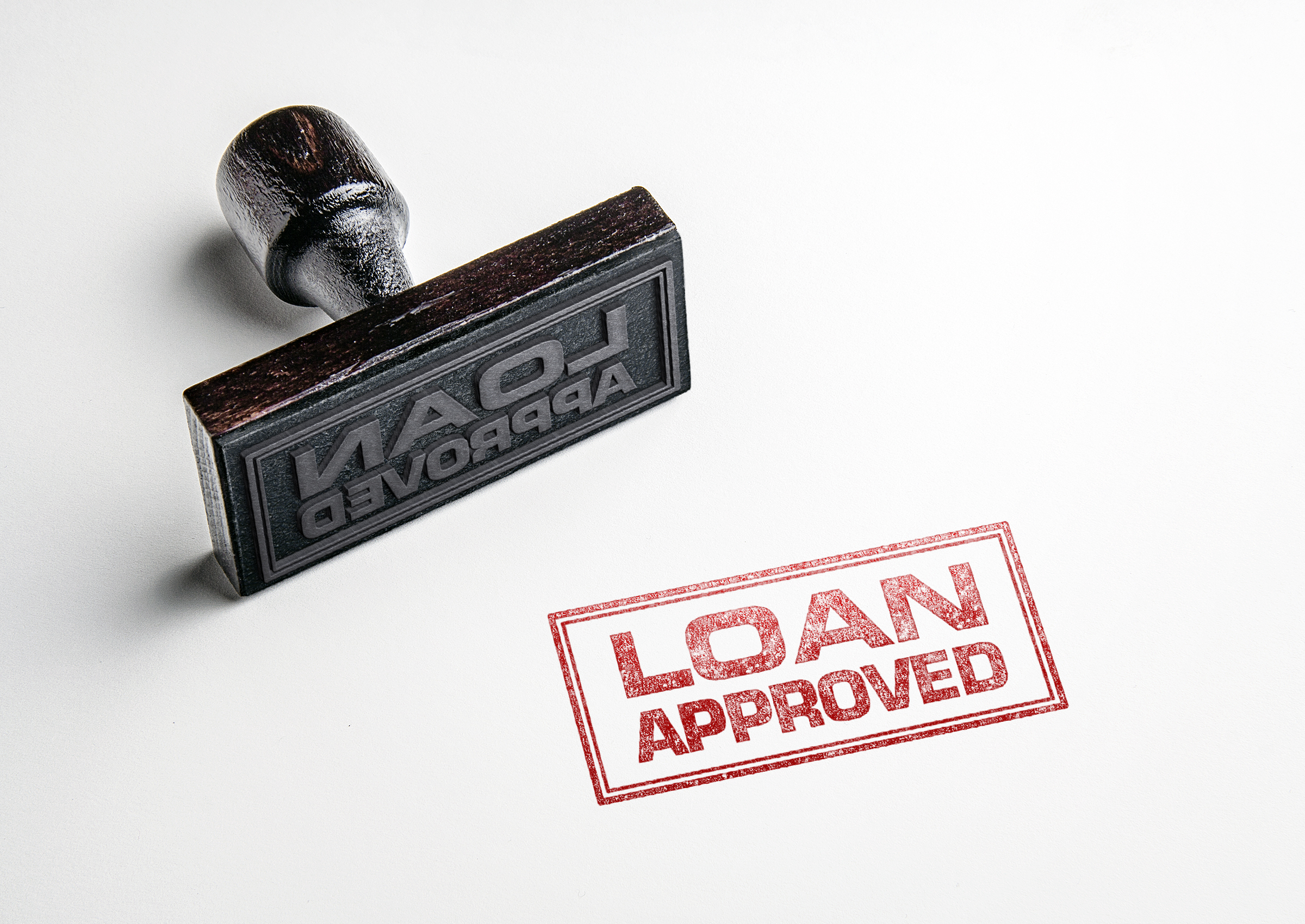Five Government SME Intervention Funds You Should Know About
Boluwatife Okeowo
Credit (loans) availability remains one of the most pivotal keys to building a sustainable enterprise. Businesses are funded by two major means; equity and loans. While it is most desirable to start and expand your business through equity, sometimes it makes more financial sense to take a loan to support the cash flow of your business, expand into a new market or buy an important asset. Getting a loan through banks sometimes may be difficult as there are always some stringent conditions precedent to accessing such loans. The Nigerian government over the past decade has become more interested in boosting activities in the SME space and filling the financing gap left open by the private financial institutions. Here are the top five government intervention funds you can access to fund your business. And the most attractive feature is the interest rates; they are cheaper than that of private lending institutions.
1. Bank of Industry (BOI) Intervention funds- BOI is a development finance institution created by the Federal government to aid the development of the country’s industrial sector as well as intervene financially in developing sustainable enterprises. The institution over the past has provided intervention funds to various sector of the Nigerian economy including agriculture, power, mining and many others. BOI also administers various funds on behalf of states governments, CBN, other government agencies and a number of private institutions. There are over 20 funds that SMEs can take advantage of. The interest rates range from 5 to 14 percent per annum. They have a loan application portal on their website- www.boi.ng. You also may have to consult one of their enterprise development partners to have a good chance of getting your loan approved.
2. Agric Small Medium Enterprise Scheme (AGSMEIS)- It is a financing programme created by the CBN in collaboration with the bankers’ committee to support the Federal Government’s “effort and policy measures for the promotion of agricultural businesses and small and medium enterprises (SMEs) as a vehicle for sustainable economic development and employment generation.” It is a scheme that requires all banks to set aside five percent of their profit after tax (PAT) annually to fund small businesses. The scheme can fund an SME up to two billion Naira for a maximum tenor of 10 years. You can apply for this through any commercial bank in Nigeria if your financing requirement is more than 10 million. Under the same scheme, CBN also licenced Nirsal Microfinance Bank (NMFB) to disburse maximum of 10 million to SMEs. You can apply through their website- nmfb.com.ng
3. Development Bank of Nigeria Loans- DBN was a creation of the Federal Government of Nigeria in collaboration with some global development partners including the World Bank and African Development Bank. It is created to address financing challenges faced by SMEs in Nigeria. The bank provides wholesale term funding and risk-sharing facilities to pre-selected financial institutions, which include commercial banks and micro-finance banks. DBN funds both startups and existing businesses for up to 10 years. Interested SMEs can only apply through participating financial institutions (PFIs) who will appraise the business and upon favourable assessment will approach DBN for disbursement. Names of approved PFIs can be found on the agency’s website- www.devbankng.com.
4. Micro, Small and Medium Enterprises Development Fund (MSMEDF)- It is a CBN initiative launched in 2013 to bridge the existing financial gap in the SME sub-sector of the economy. SMEs can access loans from N500,000 to N50 million to fund their businesses. 60 percent of the N220 billion fund is expected to fund women-owned businesses while 10 percent will fund startups. Applicants are to approach participating financial institutions- commercial banks, microfinance banks, finance houses and financial cooperatives- to apply for the fund.
5. CBN Creative Industry Fund- As part of its efforts to boost job creation, particularly amongst the youth in the country, the Central Bank of Nigeria, in collaboration with the Bankers’ Committee, introduced the Creative Industry Financing Initiative (CIFI). It is done with a view to improving access to long term financing by entrepreneurs and investors in fashion, information technology and entertainment industries. Amount applicants can access ranges from N3 million to N500 million depending on the capacity of the applicant. Applicants can access the fund through any commercial bank whose duty will be to accept and process all documentation required for disbursement. You can talk to your bank about the loan. A number of banks have the information on their websites and you can also apply by filling the forms online.
There are many other funds you can access to fund your business. There are challenges you will face in trying to access these facilities. You have to be diligent, present proper financial records, and be patient. Some of these funds take months to access and various financial documents to present. You can also talk to designated enterprise development experts. The Bank of Industry has some on their website. On the other hand, the government should also simplify many of the processes to enable more businesses to access these funds.
Boluwatife Okeowo is a business development executive @sme360ng. You can follow on twitter @ @fisayo_okeowo and on Instagram @tifeh_james.





NWAGBO Longinus
How do I apply for these five government intervention founds?
July 3, 2020ปั้มไลค์
Like!! Thank you for publishing this awesome article.
July 21, 2020